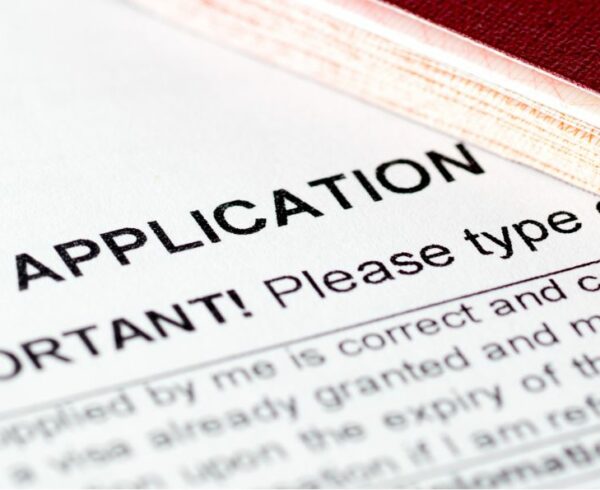How the online scam occurred
A retiree, who has chosen to remain anonymous, made an order on Amazon for a face cream, but received an email stating that she had placed a repeat order. Since the client only wished to make a one-off purchase, she selected a ‘make contact’ icon on the email that she received. This is where the sophisticated impersonation scam started.
Instead of calling Amazon’s support team, our client was actually corresponding with fraudsters who were impersonating the e-commerce website. When the client asked for her order to be amended, the scammers persuaded her to open her online bank account and click a link whilst she was on the phone to them. By doing so, our client inadvertently gave the scammer access to her computer, also known as a screen-sharing scam.
The scammer manipulated our client’s screen to look as though £20,000 had been transferred into her account, when this was in fact a façade. She informed the scammers of the payment and was advised that it was an error and should be repaid back to Amazon, or in this case, the fraudster.
Our client carried out due diligence by asking the scammer to contact her bank directly to make the transfer. However, the scammer applied more pressure and assured our client that it would be better for her to make the transfer herself.
As requested, our client transferred £19,500 to the fraudsters’ account and was told that she could keep £500 of the funds for “being honest”.
Contacting CEL Solicitors
Upon realising that she had been defrauded, our client was left devastated and physically sick. What was intended to be a small purchase had transpired into a life-changing scam.
Feeling as though her bank had not done enough to intervene and prevent the fraud, our client reached out to CEL Solicitors.
Our specialist fraud and scam team were able to successfully recover the £19,500, the full amount lost to the scam.
Commenting on the case, Fraud paralegal, James Crossley, said:
“86% of Brits shop at Amazon, making it the largest online marketplace in the UK.
“Scammers will regularly impersonate the e-commerce platform in an attempt to access customer information.
“Many unsuspecting victims have been cold called regarding an order that they have placed or may receive fake emails relating to their account. If you are ever unsure of whether you have received a legitimate message from Amazon, you can contact their customer support line for confirmation. Also ensure to never give anybody access to your banking details.”
Can I get my money back from a scam?
If you have lost money to a scam, you should first contact your bank. If they are unwilling to help or refund the full amount you have lost, then tell CEL. Our dedicated fraud recovery team are experts in retrieving money lost to criminals.













